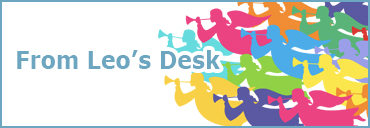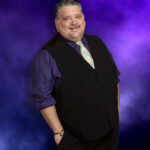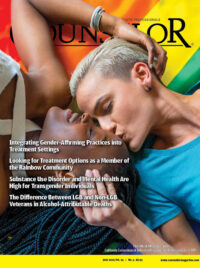Share

Lastly, let’s consider the disagreements that occurred between Galileo and the church around the year 1610 AD. Galileo, considered by many to be the father of science, championed the work of Copernicus, which placed the sun at the center of the universe, challenging the teachings of the church, which said the Earth is at the center of the universe. The church used Psalm 96:10 to justify its teachings:
“Say among the nations, ‘The Lord is king! The world is firmly established; it shall never be moved.’”
The church immediately condemned the science of Copernicus and Galileo, which today is accepted by scientists. Galileo was judged and placed under house arrest for the rest of his life. He died in 1642. The Inquisition’s ban on reprinting the words of Galileo was lifted in 1718, and the Catholic Church only acknowledged its mistake in 1992, twenty-three years after man first landed on the moon!
Today science is not seen as the enemy. Most Christians and members of other religions see God at work in both science and medicine. These disciplines only make our understanding of the universe even more miraculous (2012, p. 127–8).
Many people feel they are isolated pieces of humanity. It is fear that creates this isolation.
Spirituality is the way out of this prison. It is the key that opens the door to yourself and to the exciting journey of life. When I give lectures about spirituality, people always ask, ‘How do I get it? How can I bring spirituality into my life? Is there a teach-yourself book?’ These questions miss the essential point about spirituality. Spirituality has already been given! You and I have it. We are spiritual creatures, and the emphasis should not be on getting it or obtaining it but on discovering it. Spiritualty is to be experienced.
Spirituality is reality. I am aware of my spirituality when I am being real. Spirituality is my body, mind, emotions, style—that essence of my being that makes sense to me and is essential to me. The more honest I can get, the more I understand and am understood. Of course, this honesty can be a frightening experience. When honesty is experienced, vulnerability is felt. Honesty is not just me sharing things, it is me sharing me. Also, the listeners, by their eyes and smiles, give me something of their lives. It makes for connection (2012, p. 46–7).
Booth, L. (2012). Spirituality and recovery. Deerfield Beach, FL: Health Communications.
About Me
Larry Hearn is a seasoned SUD counselor, licensed Religious Science Practitioner, and a committed advocate for healing and personal transformation. Armed with a Social Model Studies Certificate from the CCAPP Academy (formerly known as the CAARR Institute), education from Modesto Junior College, and certification from CCAPP, Larry boasts a robust 24-year background in addiction counseling. As a member of the California Coalition of Certifying Organizations (CCCO), he played an active role in shaping the California Code of Ethics and Sanctions Matrix.
Larry currently serves as Supervising Editor for Counselor Magazine and Media & Infrastructure Manager for the California Consortium of Addiction Programs and Professionals (CCAPP), where he combines his clinical insight with media and educational strategy to uplift the profession and support the workforce.
His passion extends to facilitating treatment and education groups, grief circles, and individual counseling, creating a secure and supportive environment for individuals to navigate recovery, grief, and emotional trauma. He enjoys training and mentoring SUD counselors. In his capacity as a licensed Religious Science Practitioner, he seamlessly integrates therapeutic and spiritual modalities, guiding individuals on a journey toward enduring recovery and inner peace. Beyond addiction counseling, Larry underscores the significance of grief healing and personal growth in his compassionate approach.











 Counselor Magazine is the official publication of the California Association of Addiction Programs and Professionals (CCAPP). Counselor offers online continuing education, article archives, subscription deals, and article submission guidelines. It has been serving the addiction field for more than thirty years.
Counselor Magazine is the official publication of the California Association of Addiction Programs and Professionals (CCAPP). Counselor offers online continuing education, article archives, subscription deals, and article submission guidelines. It has been serving the addiction field for more than thirty years.